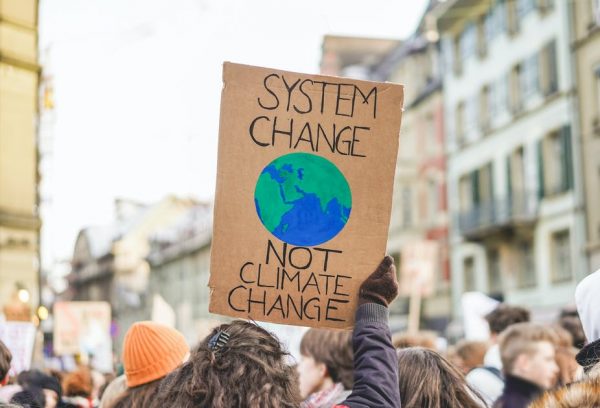We are deeply saddened by the devastating impacts of the floods across Europe this week. 15% of the world’s population are disabled. This means that many of the dozens who are missing, or have died in the floods are disabled. Disabled people have greater vulnerability during floods with complex disability-related challenges of relocation and forced migration. In sum: climate disturbances are harder for disabled people.
Impact of Climate Crisis on Disabled People
Policies to lessen the impact of environmental crisis tend to ignore disability rights. For example, during climate emergencies, people who are D/deaf, blind or visually impaired may not have equal access to warning alerts. People with mobility and other access needs are not always able to access shelters or rescue.
In areas of serious environmental damage, things like oil spills, air pollution and lack of clean water affect disabled people more than non-disabled people. But they also raise major health concerns. For example unsafe jobs in environmentally destructive industries can be both cause and effect of disability.
An EasyRead guide to climate crisis is available here.

Image description: A person at a demonstration holds up a hand painted sign on cardboard. There is an image of planet earth in the centre. The sign reads ‘System Change Not Climate Change’.
In the Global South, rates of disability are remarkably high. This corresponds with higher rates of poverty. That is not surprising considering disabled people are more likely to experience harmful social and economic outcomes.
In the UK The Equality and Human Rights Commission found that 30 per cent of adults in families where at least one person is disabled, were living in poverty. You can access an EasyRead version of that report here. We can compare this with 18 per cent of UK households without a disabled family member.
Frequently deprived of their rights, disabled people face stigma and discrimination. This is another way that we are uniquely affected by the impacts of climate crisis.
Disability Equality
Disabled people need to be a full part of finding solutions to the climate crisis. Only then can we address unequal access to natural resources and the right to a healthy environment. This includes our towns and cities too, where most of the population live. It can be more difficult for disabled people to live in rural locations where things like air pollution might be less of an issue. We might need to be close to hospitals for appointments. We may need access to medication. This is a big topic for another time though.
We have unique insights about our own situations. Disabled people have crucial roles to play in coming up with creative and relevant solutions to improve our communities and protect our planet. Environmental justice needs to include disabled people in the discussion, not exclude us. This means that environmental plans and policies are designed without us in mind. Our needs go dangerously unmet.
What can we do?
Climate movements are missing out on valuable perspectives, skills and knowledge. When we take on insights from disabled people, we enrich the climate agenda! We can together increase their power to create systemic change.
You can find more information at some of these resources:
Journal Article: Disability Inclusion in Climate Change: Impacts and Intersections
News article: The climate revolution must be accessible – this fight belongs to disabled people too
